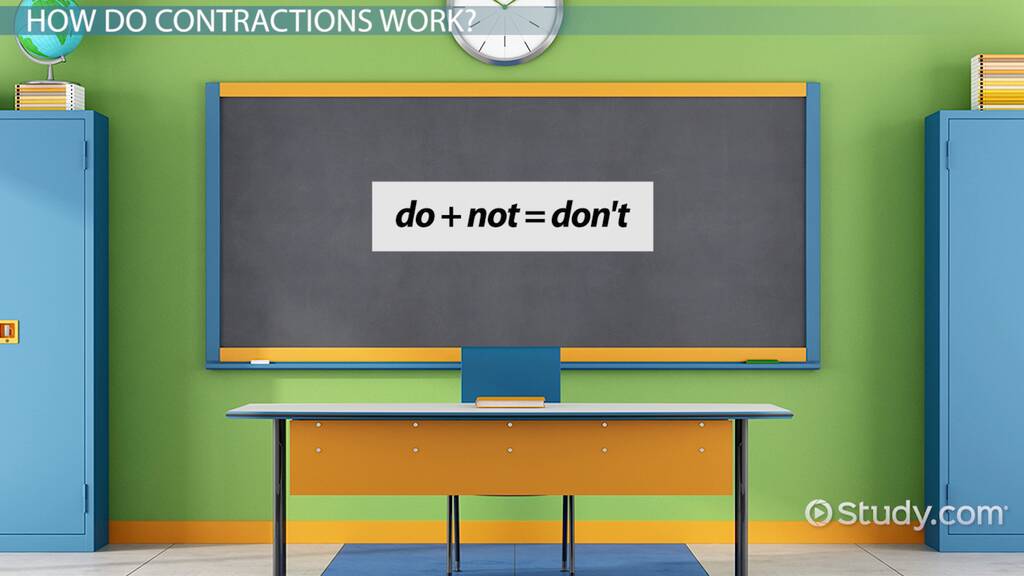There are a few key differences between English and French grammar that students of French should be aware of. Perhaps the most important is that French has genders for all nouns, whereas in English gender is only applied to living beings. This means that in French, words like “la table” (the table) or “un livre” (a book) are always masculine or feminine, respectively.
Additionally, adjectives must agree with the gender of the noun they modify; so “une grande table” would be a large table, but “un grand livre” would be a great book. Verbs also have different conjugations based on subject pronoun, and there are many more tenses than there are in English. However, with some study and practice, mastering French grammar can be achievable for any student!
It is often said that English grammar is much simpler than French grammar. While this may be true in some respects, there are still a number of rules and exceptions that can trip up students of French. In this blog post, we will take a look at some of the most common mistakes made by learners of French when it comes to grammar.
Hopefully, by the end of this post, you will have a better understanding of how to avoid these errors in your own writing!
One common mistake made by students of French is using the wrong ending for regular verbs conjugated in the present tense. For example, the verb parler (to speak) should be conjugated as je parle, tu parles, il/elle parle, nous parlons, vous parlez, and ils/elles parlent.
However, many learners mistakenly use the ending -ent for all subjects instead of -ons for the first person plural pronoun nous. This results in incorrect forms such as *nous parlent and *vous parlent. Another similar error is using -ez instead of -ez- when conjugating regular verbs ending in -d or -t in the second person plural form (e.g., finir – tu finis vs vous finissez).
Another frequent mistake has to do with agreement between adjectives and nouns. In French, adjectives must agree with the noun they modify in gender (masculine or feminine) and number (singular or plural). For example, with a singular masculine noun like livre (book), one would say un grand livre (a big book), but with a singular feminine noun like fille (girl), one would say une grande fille (a big girl).
With a plural noun like filles , both masculine and feminine adjectives would take on an -s endings: deux grandes filles , trois grands livres . Adjective agreement can become even more complicated when dealing with compound words like joli petit chaton (cute little kitten), where not only does the adjective joli need to agree with chaton , but petit also needs to agree with chaton !
Finally, another common error among students learning French has to do with word order.
English Grammar for Students of French
What are Some Common Errors That English Speakers Make When Speaking French
When it comes to speaking French, there are a few common errors that English speakers tend to make. One of the most common is using the wrong verb conjugation. For example, in French, the verb “aller” (to go) is conjugated differently depending on who is doing the action.
So if you wanted to say “I am going”, you would say “Je vais”. However, if you mistakenly said “Je vais aller”, this would be incorrect. Another common error is mispronouncing words.
This can be tricky as there are many words in French that are similar to English words but are pronounced differently. For instance, the word “oiseau” (bird) is pronounced more like “wa-zo”, not “oy-zow” as it might sound in English. Finally, another mistake often made by English speakers learning French is forgetting to use gender agreement.
In French, all nouns have a gender (masculine or feminine), and adjectives must agree with the gender of the noun they modify. So if you were referring to a feminine object, such as la table (the table), you would need to use feminine adjectives with it, such as belle (beautiful).
What are Some Tips for Improving One’S French Grammar
When it comes to improving your French grammar, there are a few key tips that can make a big difference. First and foremost, be sure to practice regularly. The more you use the language, the better your grasp of grammar will become.
Additionally, take advantage of resources such as online grammar checkers and French dictionaries. These can be extremely helpful in catching errors and expanding your vocabulary. Finally, don’t be afraid to ask for help from a native speaker or tutor when needed.
With some effort and practice, you’ll soon be speaking French like a pro!
What Resources are Available for Studying French Grammar
If you’re looking to brush up on your French grammar, there are a number of resources available both online and offline.
One popular resource is the “Le Robert & Collins Dictionnaire Français-Anglais/Anglais-Français” dictionary, which includes clear explanations of grammar rules in both French and English.
There are also various websites dedicated to helping learners understand and practice French grammar, such as Bonjour de France and Lawless French.
These websites typically offer a mix of articles, exercises and other drills to help you master different aspects of French grammar.
Finally, there are many YouTube channels devoted specifically to teaching French grammar. A quick search will reveal a wealth of helpful videos on topics ranging from conjugating verbs to using correct pronoun agreement.

Credit: www.reddit.com
English Grammar for Students of French 7Th Edition Pdf
One of the most popular books for learning French grammar is “English Grammar for Students of French, 7th Edition.” This book provides clear and concise explanations of all major aspects of French grammar. It also includes a lot of practice exercises to help students master the material.
The book is available in both PDF and print formats.
English to French
Assuming you would like a blog post discussing the English to French language:
There are many differences between the English and French languages, as anyone who has attempted to learn both can attest. The two languages have different roots, with French being a Romance language that developed from Latin while English is a Germanic language that comes from Old English.
Because of this, there are many differences in vocabulary between the two languages. For example, common words such as “yes” and “no” have different French equivalents depending on the context. Additionally, there are also significant differences in grammar rules between the two languages.
For instance, gender plays a bigger role in French grammar than it does in English and verbs conjugate differently based on who is performing the action. Despite these challenges, learning both English and French can be incredibly rewarding as they are both widely spoken languages used all over the world.
Grammaire Progressive Du Français
Grammaire Progressive du Français is a French grammar book that aims to help beginners learn the basics of the French language. The book starts with simple grammar explanations and gradually builds up to more complex topics. Each chapter includes exercises to help readers practice what they have learned.
Grammaire Progressive du Français is an excellent resource for anyone just starting out in learning French.
Libgen
Libgen is a search engine for articles and books on various topics, which allows you to find and download PDFs for free. It is also one of the largest digital libraries in the world, with over 2 million articles and books available.
Why is English Hard to Learn
There are many reasons why English is hard to learn. For one, it has a large vocabulary with many irregular words. This can be difficult for non-native speakers to remember.
Additionally, the grammar rules in English are often very complicated and confusing. Even native speakers sometimes have trouble understanding them! Finally, the pronunciation of English can be tricky.
There are many different dialects and accents, which can make it difficult to understand someone from another region.
Conclusion
Are you a student of French looking to improve your English grammar? If so, this blog post is for you! In it, we will go over some key points that will help you improve your English grammar skills.
We’ll start with a brief overview of the different parts of speech in English, then move on to some common mistakes that students of French make when speaking or writing in English. By the end of this post, you should have a better understanding of how to use proper English grammar when communicating in both languages.


